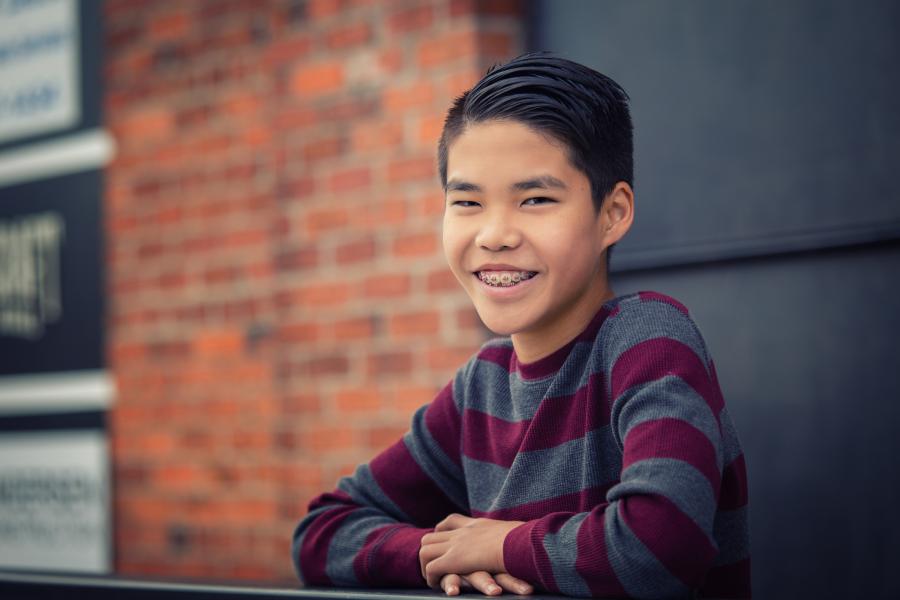This 3-hour workshop is designed for therapists working with elementary-aged students and young adults with social learning challenges. It will provide numerous specific activities that can be used in either individual or group sessions, whether held in-person or via virtual platforms.
We will begin with a review of the research supporting using video animations as social learning material – specifically findings regarding difficulties in processing social motion as being one of the hallmark deficits in students with ASD. Then, pulling from the field of psychology, the case will also be made for using observations and discussions of characters to solidify student understanding of social learning concepts and their ability to talk about important features of relationships.
As we begin looking at specific activities supporting greater flexibility in our students, we will first look at activities using animated videos. First focusing on characters and then focusing on student self-reflection, we will cover work addressing: defining flexibility, contrasting flexibility with others versus when we are alone, defining inflexibility, examining feelings and thoughts that go with flexibility/inflexibility, downsides and benefits of flexibility/inflexibility, the influence of relationships, and strategies supporting flexibility. Participants will leave with sample activities and a list of recommended video animations for a range of ages and abilities.
We will then review other practice activities for flexibility, emphasizing the importance of previewing, providing relevant and appropriate visual supports, and manipulating variables to make the practice more manageable or challenging.
Next, we will turn to the conversation. For many students with social cognitive challenges and difficulties with flexibility, discussions often focus on a limited range of topics, conversational forms and can demonstrate an overall lack of tolerance for differing opinions. We will use the idea of Conversation Paths to provide a semi-structured framework for practice with these critical building blocks of conversation without an over-arching scripting element. Again, participants will leave several sample paths to use with their students.
Finally, we will consider the all-important topic of goal writing and documentation of progress via rubrics. We will discuss how the “80%” measurement does not work as well for social learning goals as it does for other domains (e.g., articulation) and that we need to explore new ways of documenting progress. We will go over the components of rubrics and present some samples.















